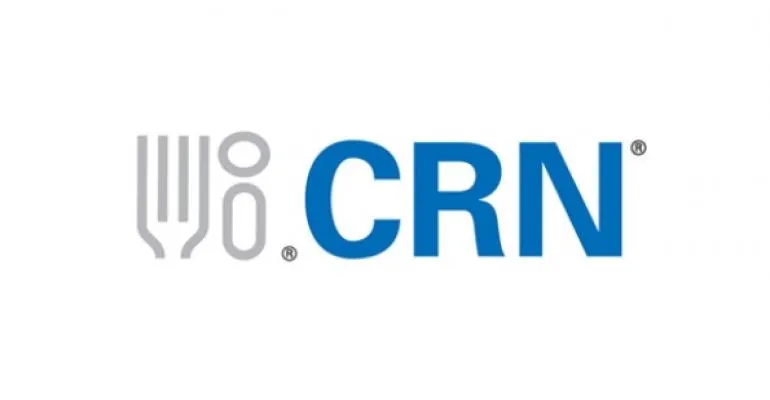WASHINGTON — The Council for Responsible Nutrition (CRN) has issued a stark warning about the dangers posed to consumers by newly introduced bills in the Massachusetts legislature that would age restrict a broad swath of dietary supplements. According to CRN, this legislation is even more prohibitive than the controversial New York law enacted last year, which the association continues to challenge in federal court at a hearing set for this Friday, January 24.
Unlike New York’s law, which prohibits the sale of any dietary supplements that are marketed, labeled, or otherwise promoted for weight loss or muscle building – but stops short of expressly limiting access to adults – the new Massachusetts bills would require these, and likely many other products, to be placed behind the retail counter or in a locked case, effectively limiting everyone’s ability to access these safe and regulated products. Industry experts argue that this approach cuts off consumers from trusted products they rely on for their health and wellness needs.
On Friday, counsel for CRN will argue in the U.S. Court of Appeals for the Second Circuit that the lower court erred by not granting a preliminary injunction last spring that would have halted enforcement of the New York law during the litigation. CRN maintains that the age limits in the law violate the First Amendment because they are triggered by the nature of the claims being made for the product rather than any actual harm from the products. The State has never demonstrated that restricting the items will have any effect on eating disorders among young people, the supposed reason for the law.
Comparison of Age Restriction Proposals Across States
Legislation targeting dietary supplements varies significantly across states, as highlighted in recent legislative analysis by CRN. While New York’s law impacts retailers and direct-to-consumer distribution, including age verification measures for products purchased for home delivery, recently introduced bills in Massachusetts and Texas go even further by mandating physical placement restrictions that prevent self-service access and complicate retail compliance. Where the New York law exempts protein powders that contain no other dietary ingredients, some other states would restrict protein powders as well. Conversely, a new law in Colorado is limited to over-the-counter weight-loss drugs and avoids any restrictions on dietary supplements completely. These discrepancies illustrate the fragmented regulatory landscape and raise concerns about economic and practical implications for both consumers and businesses operating in multiple jurisdictions.
“The Massachusetts bill takes the regulatory overreach we saw in New York and amplifies it to a whole new level,” said Steve Mister, President and CEO of CRN. “The Massachusetts proposal directly targets retailers with burdensome requirements that prevent comparison shopping and create barriers to purchase that threaten to dismantle the industry’s ability to operate in the state.”
CRN’s Ongoing Opposition to the Bills
The Council for Responsible Nutrition has consistently opposed such legislation, emphasizing that there is no credible scientific evidence linking dietary supplements to the onset of eating disorders, as detailed in a 2023 peer-reviewed study discussed in this CRN video. CRN has expressed particular concern over the economic and logistical burdens that Massachusetts’ proposed law would place on small businesses and retailers.
According to CRN testimony opposing similar bills in previous sessions, the approach would also require extensive enforcement by the Attorney General’s office, leading to significant financial costs for the state. Additionally, CRN’s Senior Director of Government Relations, Michael Meirovitz, testified that compliance challenges could lead some stores to cease carrying certain products altogether, reducing consumer choice. Meirovitz noted that such overreach could harm not only retailers but also consumers, who may face restricted access to safe, regulated products.
“By penalizing consumers and retailers rather than addressing the root causes of eating disorders among young people, Massachusetts is effectively punishing the very entities that ensure consumers have access to safe and high-quality products,” said Julia Gustafson, CRN’s Vice President of Government Relations. “This overreach would lead to reduced choices and higher costs for consumers, all while undermining an industry that contributes significantly to the state’s economy.” According to a recent economic impact study, the dietary supplement industry contributes almost $2.8 billion to the Massachusetts economy each year and is directly responsible for more than 3,800 jobs in the state.
CRN remains committed to working with legislators to address concerns about eating disorders and nutrition deficiencies through evidence-based solutions rather than restrictive and counterproductive measures.
For more information about CRN’s ongoing efforts to protect the supplement industry, please visit www.crnusa.org.
To watch the court hearing scheduled for January 24, 2025 at 10 AM, click here.








